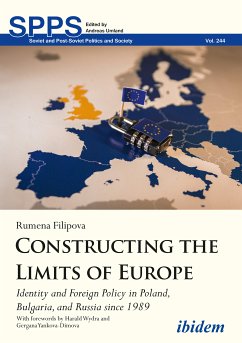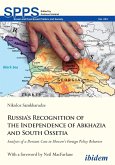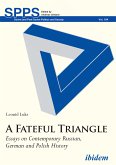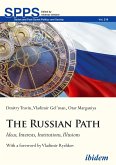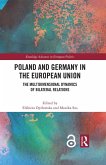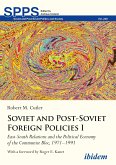This comparative study harks back to the revolutionary year of 1989 and asks two critical questions about the resulting reconfiguration of Europe in the aftermath of the collapse of communism: Why did Central and East European states display such divergent outcomes of their socio-political transitions? Why did three of those states-Poland, Bulgaria, and Russia-differ so starkly in terms of the pace and extent of their integration into Europe? Rumena Filipova argues that Poland's, Bulgaria's, and Russia's dominating conceptions of national identity have principally shaped these countries' foreign policy behavior after 1989. Such an explanation of these three nations' diverging degrees of Europeanization stands in contrast to institutionalist-rationalist, interest-based accounts of democratic transition and international integration in post-communist Europe. She thereby makes a case for the need to include ideational factors into the study of International Relations and demonstrates that identities are not easily malleable and may not be as fluid as often assumed. She proposes a theoretical "middle-ground" argument that calls for "qualified post-positivism" as an integrated perspective that combines positivist and post-positivist orientations in the study of IR.
Dieser Download kann aus rechtlichen Gründen nur mit Rechnungsadresse in A, B, BG, CY, CZ, D, DK, EW, E, FIN, F, GR, HR, H, IRL, I, LT, L, LR, M, NL, PL, P, R, S, SLO, SK ausgeliefert werden.

